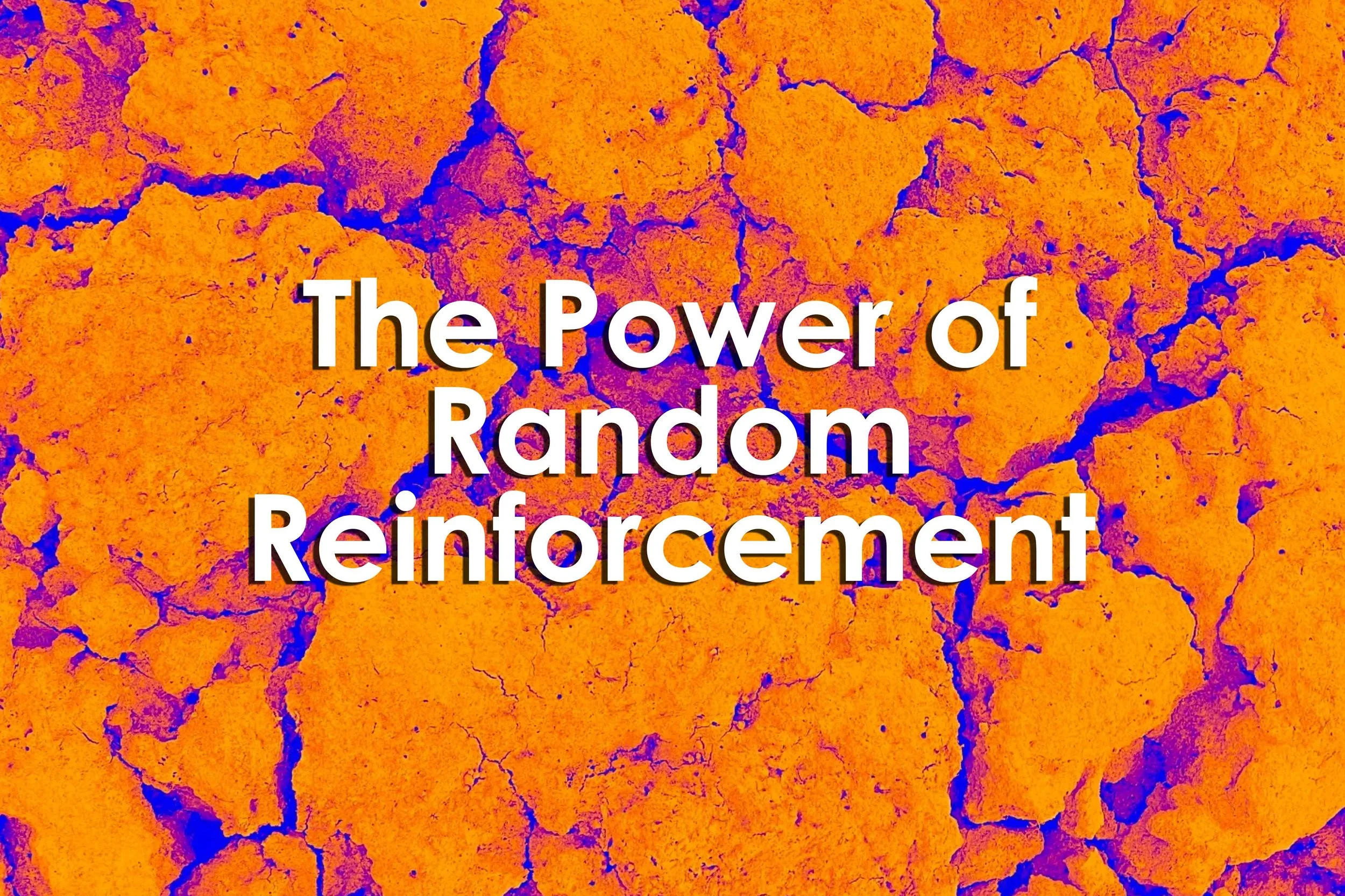The Power of Random Reinforcement
The Power of Random Reinforcement
The Power of Random Reinforcement
By Filip Wiltgren
September 28, 2015
Summary
In another cage the rat will get a pellet at a random interval, at between 1 and 100 presses.
When you set up something and know that there's a reward at the end but you don't know if you'll be able to carry it through then you're in random reinforcement territory.
My personal opinion is that war games, at least the medium to heavy ones, generate a lot of random reinforcement.
You also get random reinforcement situations from the individual die rolls and local tactical choices, complete with their own gambler's fallacies: there's no way that 1 strength unit can hold out any longer.
Well designed random reinforcement works between games as well, especially short games.
I’m not saying that it's always a sense of random reinforcement that generates those feelings, but that the psychological mechanisms, the unfulfilled promises and the tensions generated from them, are similar.
What I'm saying is that random reinforcement is a temptation tactic, not a surefire way to make the best game.
Reference
Wiltgren, F. (2015, September 28). The power of random reinforcement. Retrieved June 13, 2022, from https://www.gamedeveloper.com/business/the-power-of-random-reinforcement


